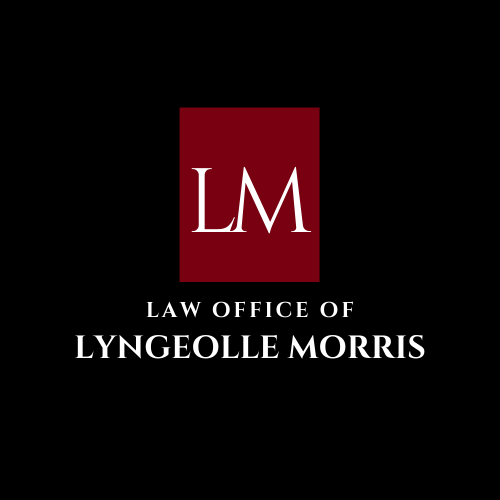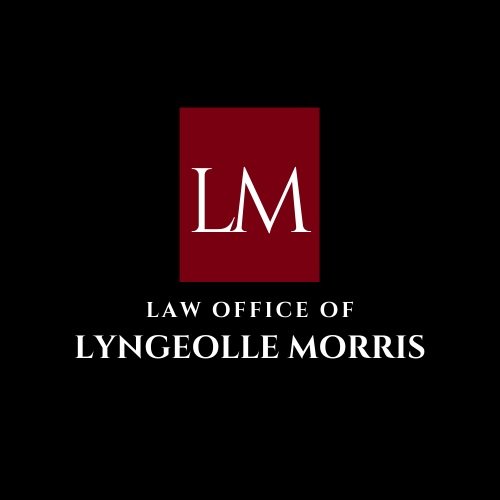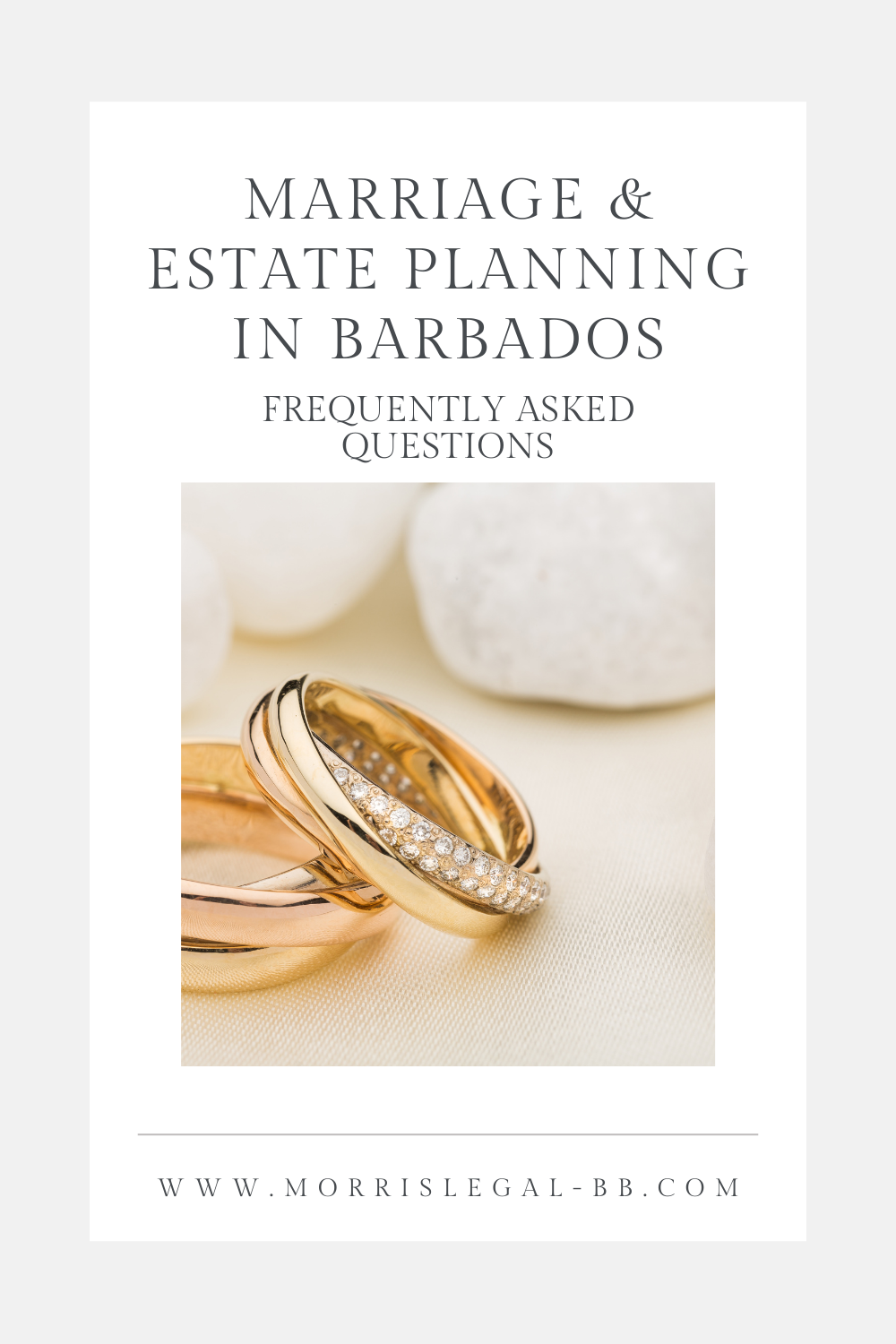Important Estate Planning Considerations For Married Couples In Barbados
In Barbados, where love and legalities intertwine, understanding the impact of marriage on estate planning is crucial. Whether you are planning to tie the knot or have already exchanged vows, knowing how your marital status affects your estate is essential for ensuring your loved ones are protected and your assets are distributed according to your wishes.
Marriage brings with it a multitude of changes, including automatic legal rights between spouses. While estate planning is important for everyone, it becomes even more critical when you enter into a marriage.
Marriage brings with it a range of legal rights and obligations that can significantly impact your estate. Without proper estate planning, your assets may not end up where you want them to be. By taking the time to put the necessary planning in place, you can ensure that your wishes are respected, your assets are protected, and your loved ones are provided for.
In this article, we’ll explore 3 frequently asked questions surrounding estate planning and marriage in Barbados.
Frequently asked questions:
FAQ 1: How does getting married impact a person's existing Will?
FAQ 2: What are the consequences if I pass away without a will following marriage?
FAQ3: What happens to my estate if I'm separated from my spouse?
FAQ 1 - How does getting married impact a person's existing Will?
To address this common question, we’ll consider the general rule, the exceptions to this rule as well as take a look at some case law examples.
The General Rule: Revocation of Wills upon Marriage
The general rule is that a Will made by a spouse is automatically revoked upon marriage. This means that any existing Will becomes invalid once you tie the knot.
This rule is found in Section 69 (1) of the Succession Act, Cap. 249 of the Laws of Barbados (‘the Barbados Succession Act’) which provides as follows:
“A will shall be revoked by the subsequent marriage of the testator…”
Exceptions to the General Rule
There are, however, exceptions to the general rule. According to Section 69(1)(a) and (b) of the Barbados Succession Act, a Will made in contemplation of marriage, and expressly stated as such, remains valid. Additionally, a Will made in exercise of a power of appointment can also avoid revocation if certain conditions are met.
The exceptions to the rule are as follows:
“a. will made in contemplation of that marriage and so expressed in the will; and
b. will made in exercise of a power of appointment when the real or personal estate thereby appointed would not in default of such appointment pass to the persons entitled to take beneficially under an intestacy in accordance with the rules in force at the time the power was created.”
(see section 69 (1)(a),(b) of the Barbados Succession Act)
For the purposes of this article, we’ll focus on the exception found in section 69 (1) (a) of the Barbados Succession Act, that is: “a will made in contemplation of that marriage, where it is expressed in the Will itself.”
Under the above rule, a Will created before marriage, which makes specific mention of the upcoming marriage, is considered valid. Such acknowledgment, often referred to as an 'in contemplation of marriage' clause, ensures the Will's legitimacy.
Now, let's turn our attention to some case law to understand how the Courts interpret the mentioning of the upcoming marriage in a person’s Will, often referred to as an 'in contemplation of marriage' clause.
We'll delve into four specific cases. These examples will help us understand how your Will can maintain its intended effect even if you plan to marry, yet desire to safeguard its terms from being revoked.
1. In Re Coleman (deceased) [1976] 1 Ch. 1.
In the English case of In Re Coleman (deceased) [1976] 1 Ch. 1, the presiding judge, Megarry J., emphasized that for a Will to be upheld under the 'in contemplation of marriage' clause, it must explicitly state its connection to the impending marriage. Megarry J. stressed that the Will itself, and not merely some gift in it, must be made in contemplation of marriage.
Furthermore, Megarry J. highlighted the necessity for the Will to specifically mention the intended marriage, rather than a general reference to marriage. Thus, it's crucial for the Will to identify the prospective spouse. This ruling underscores the importance of clarity and specificity in drafting Wills with regard to impending marriage.
2. In the Estate of Gray, deceased (1963) 107 Sol. Jo. 156
In the case of the Estate of Gray, deceased (1963) 107 Sol. Jo. 156, it was established that for a Will to be deemed valid under the 'in contemplation of marriage' clause, the marriage must occur in the near future.
The testator in this case, had created a Will in 1935, designating benefits to 'my wife.' However, the marriage between the testator and his spouse transpired approximately 25 years after the Will's creation, in 1960.
Consequently, the Court ruled that this significant time gap between the drafting of the Will and the actual marriage precluded the Will from being considered made in contemplation of marriage. The Will in this case was therefore considered to be revoked by the marriage.
This case highlights the requirement for the Will to reflect a specific and upcoming marriage, showing that for the Will to be valid in such cases, the marriage must occur shortly after the Will is made.
3. Pilot v Gainfort [1931] LRP 103
In the case of Pilot v Gainfort, the testator was married to a woman who had deserted him for several years. Following this, the testator began cohabiting with another woman Diana Featherstone Pilot in 1924. Subsequently, in 1927, the testator executed a Will wherein he bequeathed his estate to "Diana Featherstone Pilot my wife." The marriage between the testator and Diana Featherstone Pilot occurred in 1928.
The learned President of the Probate, Divorce, and Admiralty Division, Lord Merrivale P, determined that the marriage did not revoke the Will. Lord Merrivale P reasoned that the Will "practically" expressed contemplation of the marriage, thereby preserving its validity.
4. Civil Appeal No.10 of 2010 - Rodolfo Juan -v- Trinidad Juan, Maria Juan de Mahmud and Iris Juan de Campos.
his is an interesting Belizean case involving the late Santiago Juan, who left a Will dated July 1, 1986. Santiago Juan married Carlota Galvez de Hegar on May 13, 1993, following which he passed away on April 3, 2004. Carlota was previously married to Jorge Hegar in November 5, 1939. Jorge Hegar had departed for the United Kingdom to join the army, after which Carlota lost contact with him, only later learning of his death overseas.
The central issue faced by the Court was whether Santiago's Will was invalidated by his marriage to Carlota on May 13, 1993, or whether it was preserved under section 16(1) of the Wills Act of Belize, which mirrors a provision in section 69 (1) (a) of the Barbados Succession Act.
Section 16 of the Wills Act states that:
"a will shall be revoked by the subsequent marriage of the testator except a will expressed to be made in contemplation of that marriage."
In Santiago's Will, he referred to Carlota as "my common law wife Carlota Galvez de Hegar”.
The trial judge, Awich J interpreted the will by stating: "In my view, that in the context of the entire will, [Santiago] also expressed his intention to marry [Carlota] once her marriage to Hegar was out of the way. Upon learning of Hegar's death in 1992, Santiago promptly married Carlota on May 13, 1993.”
The appellate Judge, Morrison JA, disagreed with the trial judge's interpretation. Morrison JA stated that the phrase "common-law wife" merely described Carlota's status at the time and did not indicate Santiago's contemplation of marriage to her in the future. Consequently, Morrison JA concluded that Santiago's Will was not made in contemplation of marriage as per section 16(1) of the Wills Act. Thus, the Will was deemed revoked by Santiago's subsequent marriage to Carlota Galvez de Juan on May 13, 1993. The court also consequently held that Santiago Juan died intestate.
A copy of the judgments can be found here:
Court of Appeal Judgment -
Supreme Court Judgment -
FAQ 2: What are the consequences if I pass away without a will following marriage?
One of the most significant changes that occur upon marriage is the establishment of spousal rights. In Barbados, a spouse is entitled to a share of their deceased spouse's estate, even if the deceased spouse dies without a will.
A person who dies without a will is known to have died intestate.
Where a spouse dies without leaving a Will, that person’s estate would be distributed according to the rules of intestacy. According to Barbados’ intestacy rules, here are the ways in which your estate would be distributed if you die leaving a spouse. Consider the following scenarios:
1) If you have a spouse and no children:
Your spouse inherits your entire estate. Your spouse includes either a person who you are legally married to or your common law spouse. For a common law union, a surviving spouse must have been continuously living together with the deceased for no less than five years immediately preceding his or her death.
2) If you have a spouse and one child:
Your spouse is entitled to two-thirds of the estate and the remainder goes to the child.
3) If you have a spouse and children:
Your spouse is entitled to one-third of the estate and the remaining 2/3 of your estate goes to the children in equal shares.
To learn more about intestate succession in Barbados, check out this article here:
How an Estate Is Settled If There Is No Will: Intestate Succession in Barbados
When it comes to joint ownership of property, marriage can have significant implications for estate planning in Barbados. In Barbados, there are two types of joint ownership: joint tenancy and tenancy in common.
Joint tenancy is a form of ownership where each spouse owns an equal share of the property. Where a married couple owns a property as joint tenants, then on the death of one spouse, the property automatically passes to the surviving spouse.
Tenancy in common, on the other hand, is a form of ownership where each spouse owns a specific share of the property. In the event of the death of one spouse, their share of the property will pass according to intestacy rules if the deceased spouse dies intestate.
Understanding the implications of joint ownership and selecting the appropriate form of ownership for your property is an important aspect of estate planning for married couples in Barbados. It is advisable to seek legal advice to ensure that your joint ownership arrangements align with your estate planning goals.
FAQ 3: What happens to my estate if I'm separated from my spouse?
According to section 102(1) of the Succession Act, a spouse will be precluded from taking any share in the estate of the deceased as a legal right or in intestacy where that person has been “…guilty of desertion which has continued up to the death for 3 years or more.”
As such, where there is desertion by a spouse, then this individual would not be entitled to inherit by legal right or upon intestacy.
Section 102(2) of the Act describes desertion as “…a spouse who was guilty of conduct which justified the deceased in separating and living apart from him”.
As such, in the event of a spouse's desertion for three years or more, they would be barred from inheriting from the deceased's estate as per section 102(1) of the Succession Act, defined by conduct justifying separation under section 102(2).
Final Note : The importance of proactive estate planning for married couples in Barbados
Marriage is a significant life event that brings with it a range of legal rights and responsibilities. In Barbados, proactive estate planning is crucial for those seeking to ensure that their Last Will & Testament remains valid even after marriage.
Once you are married, certain legal rights and responsibilities are automatically conferred upon both spouses. These rights can play a significant role in how your estate is managed and distributed.
By seeking professional advice, understanding the legal requirements, and taking the time to develop a comprehensive estate plan, you can ensure that your wishes are respected, your assets are protected, and your loved ones are provided for. Proactive estate planning is an investment in your future and the well-being of those you care about.
So, whether you're planning to say "I do" or have already exchanged vows, it’s important that you consider the consequences of marriage on estate planning in Barbados.
Questions?
If you have any questions about the above FAQs or have any further questions of your own about estate planning and marriage in Barbados, feel free to contact the Law Office of Lyngeolle Morris with any questions you may have by clicking here.
To schedule a call with us, click here.
We look forward to learning more about your needs at this time.



